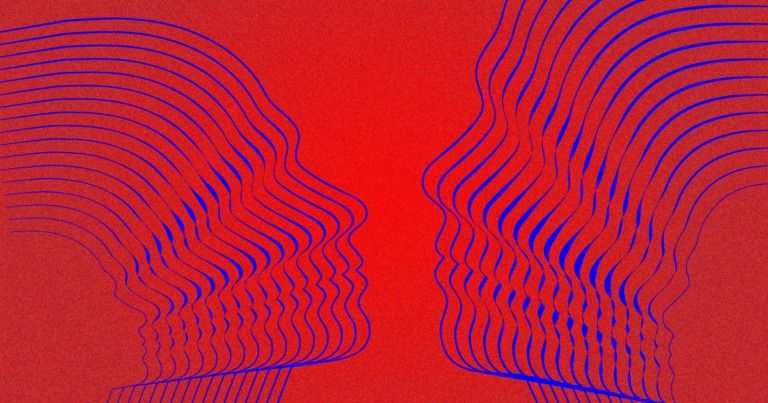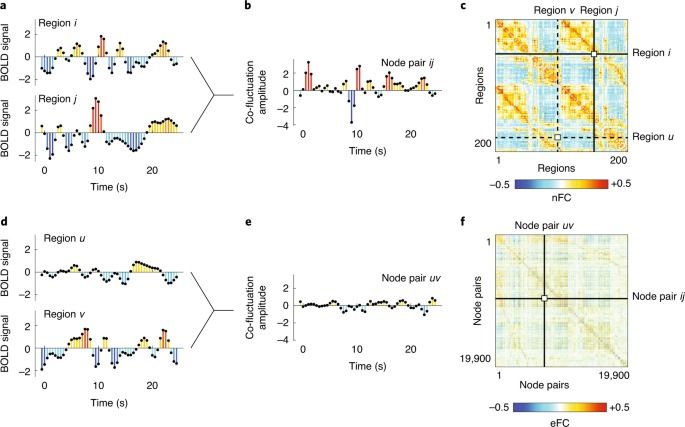The double slit experiment — Does consciousness create reality? Quantum mechanics shows us that particles are in superposition, meaning they can exist in different states and even multiple places at the same time. They are nothing more than waves of probabilities, until the moment that they are measured. One interpretation of this phenomenon is that the measurement being made requires a measurer, or a conscious observer. If this is correct, then it implies that consciousness has to be is an integral part of creating the world that we observe. Could this consciousness then be required for creating reality? Does this mean that there would be no reality without consciousness?
Experiments can show that what we think of as particles behave like waves. Waves of probabilities. This is the foundation of Quantum mechanics. The famous double slit experiment illustrates this. What is bizarre is that when you try to find out what’s going on at the slits by placing a detector at the two slits to try to figure out which slit the individual atoms are going through – the “WHICH WAY” information, they all of a sudden stop behaving like waves, and behave like particles.
Why do atoms and other particles behave this way? There are many interpretations of this phenomenon.
The most widely accepted interpretation, called the Copenhagen interpretation, was devised in 1925 by Neils Bohr and Werner Heisenberg at the University of Copenhagen. Their theory proposed that the atom when it is not measured, is not distinct. But the Copenhagen interpretation does not say anything about consciousness. But what is measurement after all?
Does measurement take place at the instrument that measures it? Does measurement necessarily require a consciousness? This is called the “measurement problem of quantum mechanics.” Physicists do not universally agree on a resolution. There are various interpretations.
One such interpretation is called the von Neumann–Wigner interpretation. This says that in the long chain of measurement, the collapse occurs at the moment that a consciousness interprets the measurement. The consciousness of the physicist is making the particle distinct. And without this consciousness, the atom would just be a wave of probabilities.





